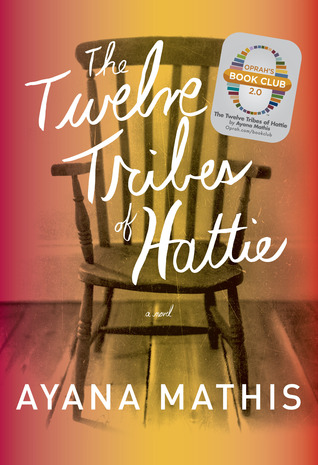Published : 2021 || Format : print || Location : Colombia ☆ ☆ ☆ ☆ ☆ What was it about the country that kept everyone hostage to its fantasy? The previous month, on its own soil, an American man went to his job at a plant and gunned down fourteen coworkers, and last spring alone there were four different school shootings. A nation at war with itself, yet people still spoke of it as some kind of paradise.. Thoughts : Infinite Country follows two characters - young Talia, who at the beginning of this book, escapes a girl’s reform school in North Colombia so that she can make her previously booked flight to the US. Before she can do that, she needs to travel many miles to reach her father and get her ticket to the rest of her family. As we follow Talia’s treacherous journey south, we learn about how she ended up in the reform school in the first place and why half her family resides in the US. Infinite Country tells the...
The thing to do was to insult her or slap her or run her out into the night. She’d left him with all their children. She was holding another man’s baby in her arms. Anyone would agree that he ought to do something terrible to her, but she had been gone fifteen hours, and in that fifteen hours his life had crumbled like a lump of dry earth.
Fifteen-year old Hattie Shepherd leaves her home in Georgia and migrates to Philadelphia with her mother and two sisters, hoping for a better life. What she sees in her newly adopted home state astounds her - blacks and whites walking side by side, a black woman looking at a white flower vendor man in the eye and not getting attacked when she accidentally drops one of his arrangements, no black cowering when a white person passes by, etc. This more thankful life is what she wants, and yet, she ends up getting married to a good-for-nothing, womanizer and bearing eleven children. Still, the birth of her first two children - twins - brings a new kind of hope into her life, until she loses both of them to pneumonia six months later. This tragedy changes her so much that none of her following nine children ever get to see Hattie's warmer, loving side. Through twelve different narrators, The Twelve Tribes of Hattie captures Hattie's and her family's lives spanning decades, between 1923 and 1980.
This book had received plenty of hype, after having been picked by Oprah for her book club. I haven't had much success with Oprah's picks - the few I did read turned out to be sob stories that I couldn't appreciate much. I wanted to read this one however, for many reasons - one, I generally enjoy the literary device of using more than a few narrators in a book. This ploy, when done well, gives me the feel of multiple perspectives into a situation. Two, I really love the cover of this book.
Unfortunately, this book served to convince me further that my luck with Oprah's picks may not change anytime soon. The Twelve Tribes of Hattie, while well-written and filled with a motley of characters that were as different as possible, disappointed me with its poor handling of its many narrators.
When the book opens, Hattie is trying to do all she can to cure her babies of pneumonia. Her methods were more quack-like and not effective enough. After a devastating few pages, where I hoped deeply that the babies would come out of it, she lost them. That was a beautiful first chapter. After that, the book stopped working for me.
In a chronological manner, we follow her other children, some of whom are branching out into their own futures, but everyone still had a foot in their past and plenty of impressions about their mother and how she didn't love them enough but still loved them dearly. Hattie was supposed to be the link between all these chapters but I didn't feel her to be a strong enough presence to knit the stories together. Without any core character to be invested in, and with the diverging nature of the stories (and rarely any follow-ups later in the book), my attention waned. Besides, I didn't feel the same intrigue in any of the chapters that the first chapter had.
One thing I did love about the book was how well the author showed the passage of time in the African American community between 1923 and 1980. That was a dynamic and radical period, even in American history. You could almost see the change in perceptions - initially there is a lot of mention of racism but as the stories go on, it happens less and less. The narrators towards the end of the stories had a lot more freedom than there ever was initially - some of the characters work initially as the help in the homes of many white families, but towards the end, the characters themselves have hired help. Many events of historical importance show up in this book - some prominently, others subtly. Still, despite its plus points, The Twelve Tribes of Hattie was ultimately a disappointment for me.
I borrowed this book from the good old library.


Comments